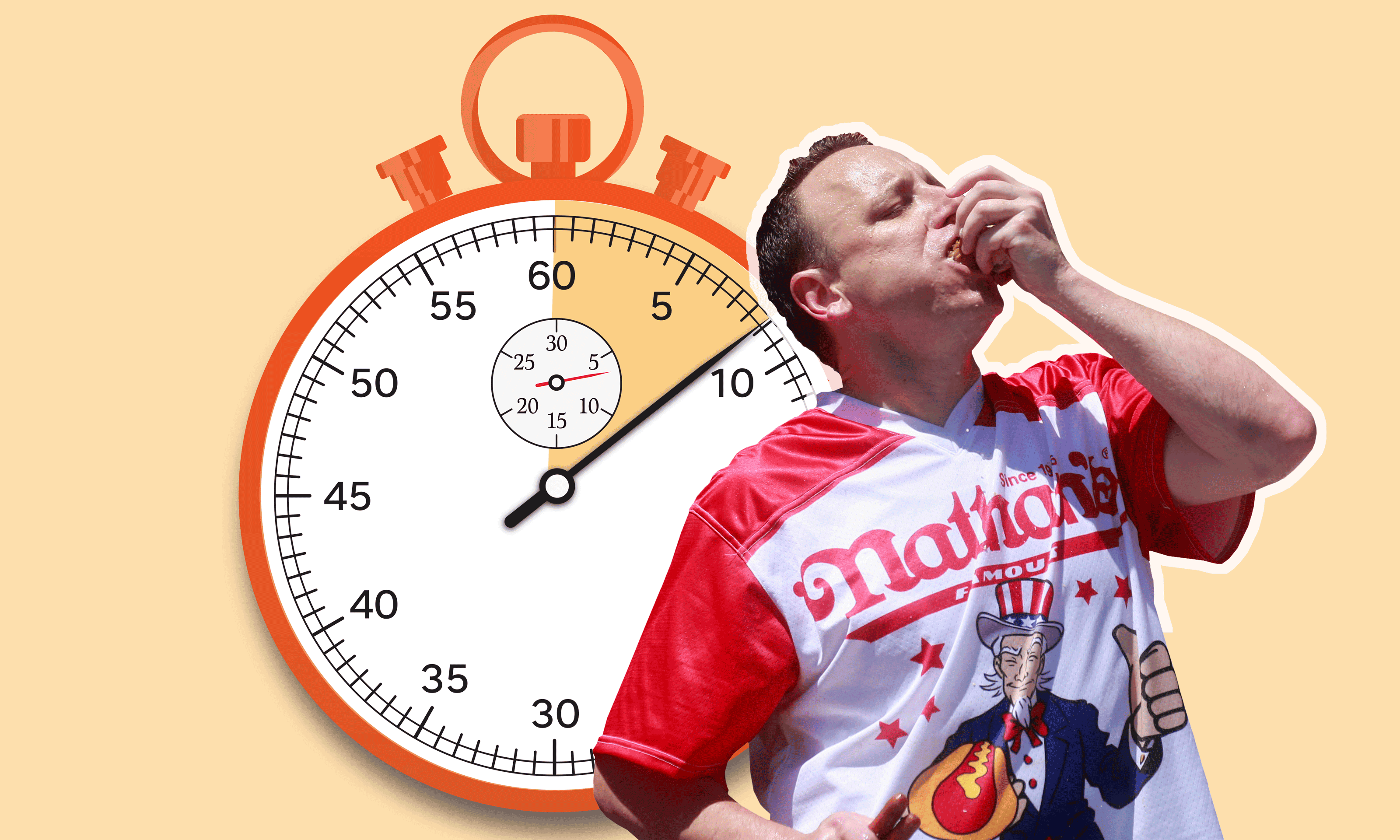
WASHINGTON – Congress early Wednesday voted to raise the nation's debt limit by $2.5 trillion, officially staving off default and the economic peril that would come if the U.S. were unable to pay its bills.
The House passed the legislation early Wednesday in a vote of 221-209, hours after the Senate approved the measure in a 50-49 party-line vote.
The bill now heads President Joe Biden's desk for signature.
Senate Majority Leader Chuck Schumer, D-N.Y., said Tuesday the increase is enough to last into 2023, which would allow Congress to avoid any more fights over the debt ceiling until after the 2022 midterm elections.
Lawmakers managed to get the measure passed just in time to avoid an economic scare. Treasury Secretary Janet Yellen told lawmakers she estimated the United States would reach its debt ceiling by Wednesday.

If lawmakers didn't address the debt limit by then, the U.S. would have defaulted on its debts for the first time, which could lead to a global recession, Treasury Department officials and experts said.
The legislation was made possible by an agreement between Senate and House leaders to establish a one-time fast-track process to pass the measure in the Senate without threat of GOP interference or other procedural hurdles.
Raising the debt limit has proven to be a politically sensitive issue this Congress.
Senate Republicans have been reluctant to help Democrats raise the debt ceiling, and have blocked long-term increases. Democrats have insisted the debt that has accumulated is a bipartisan burden and have asked Republicans to support efforts to increase the limit.
In October, Congress narrowly avoided default as Republicans and Democrats were in gridlock over how to address the issue. Republicans didn't want to vote to raise the limit, arguing it was the duty of the Democratic majority. However, after weeks of negotiations, Republicans helped break a filibuster to allow Democrats to pass a short-term extension into December.
More:Senate passes agreement to allow Democrats to raise debt ceiling
Republicans have wanted Democrats to specify an exact dollar number they'd raise the limit by, as conservatives criticize Democrats over the cost of their legislative agenda, most notably Biden's Build Back Better Act of social spending programs.
The legislation does just that by raising it $2.5 trillion, instead of suspending it for a length of time.
Source link









